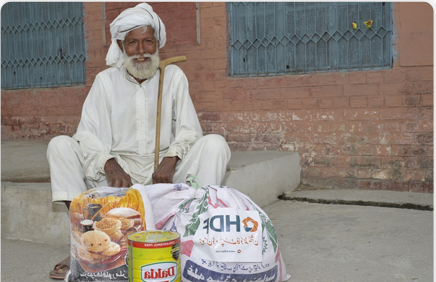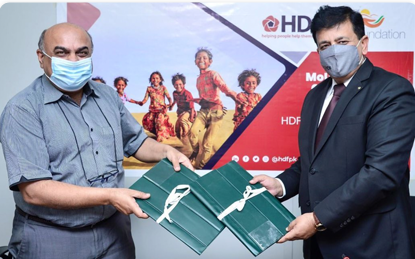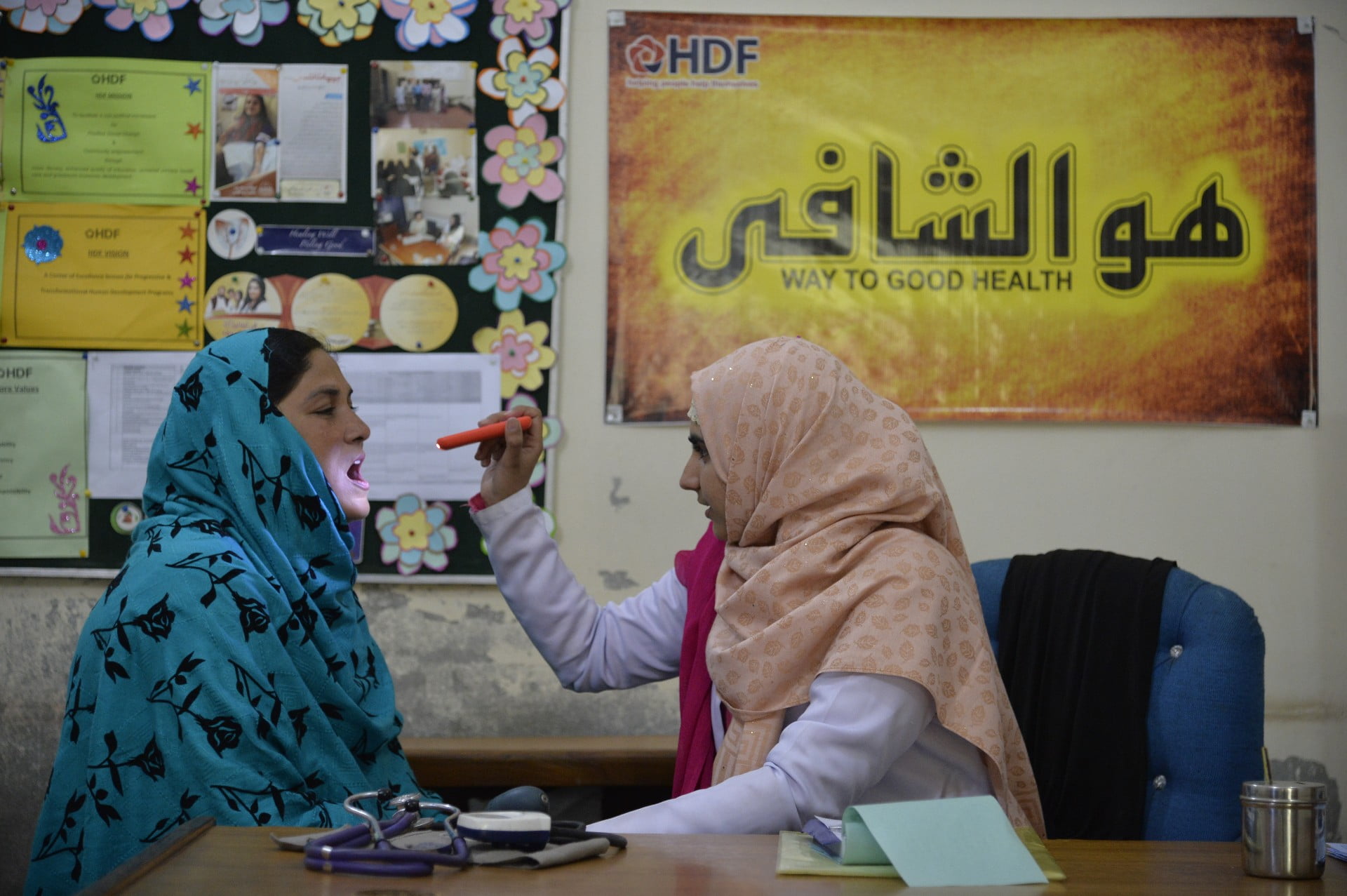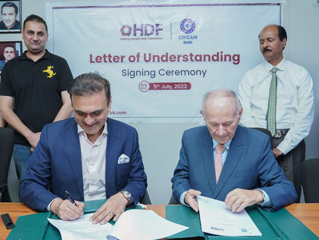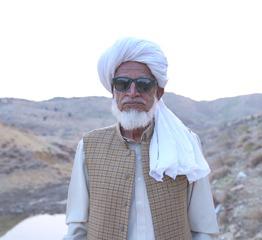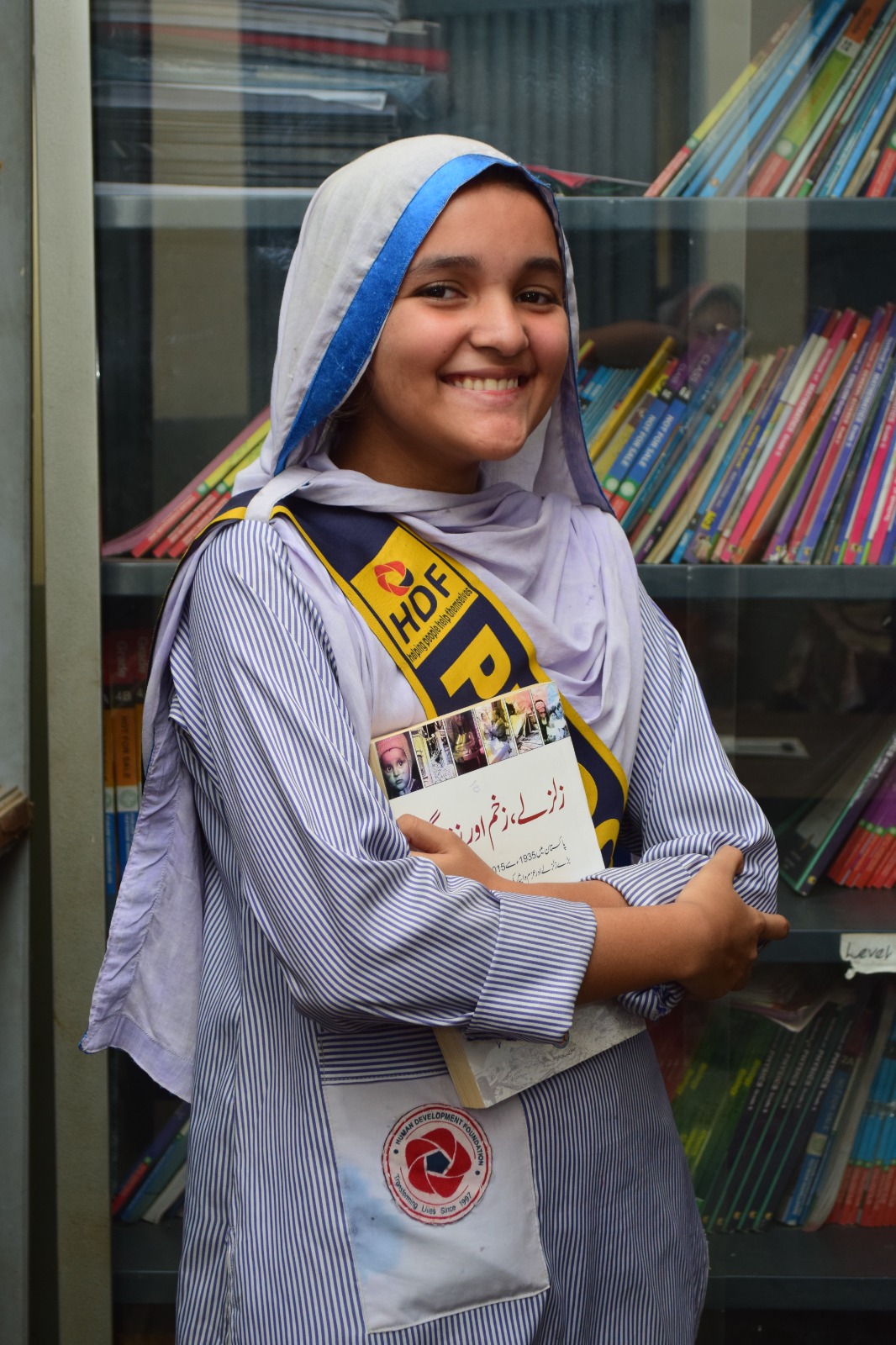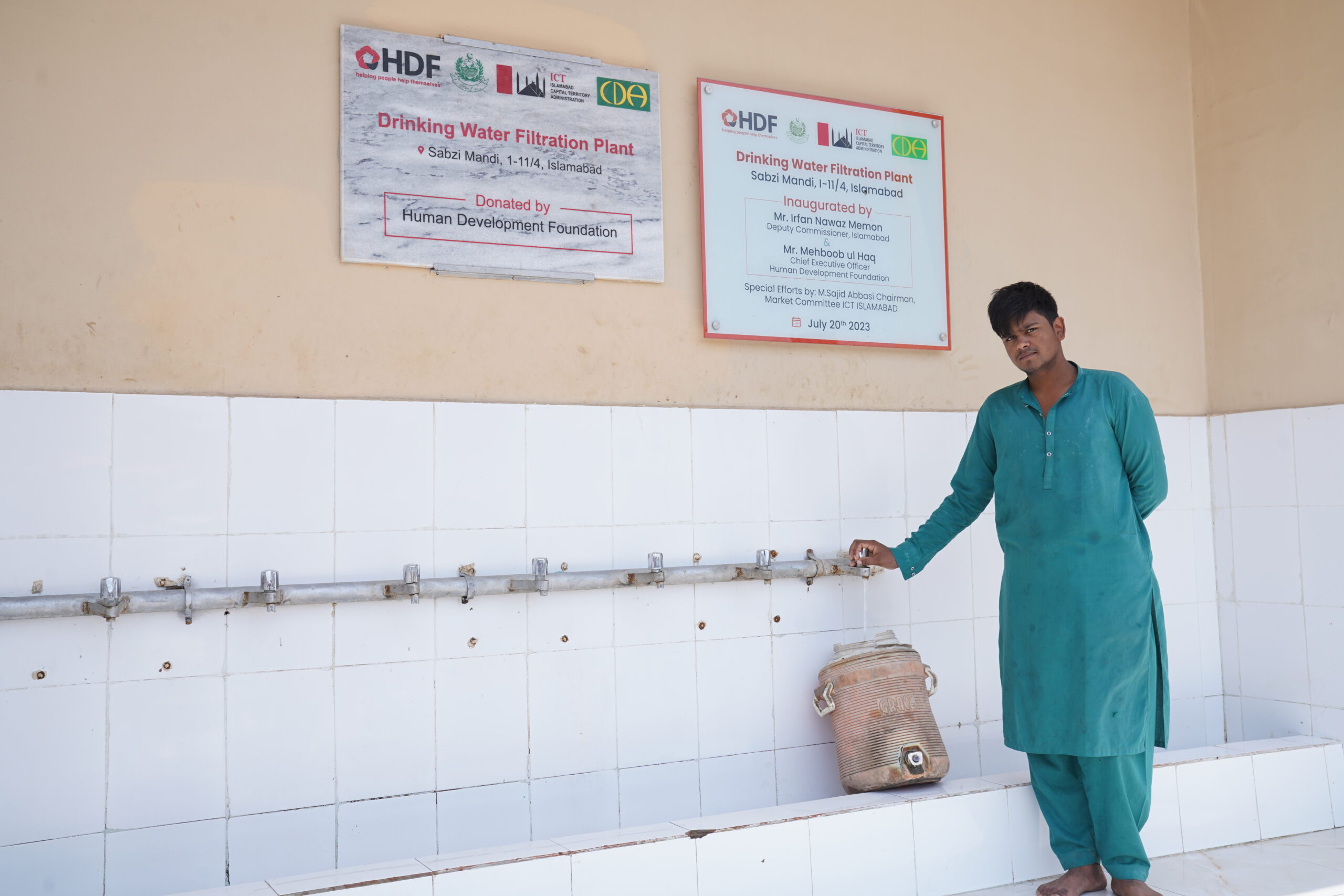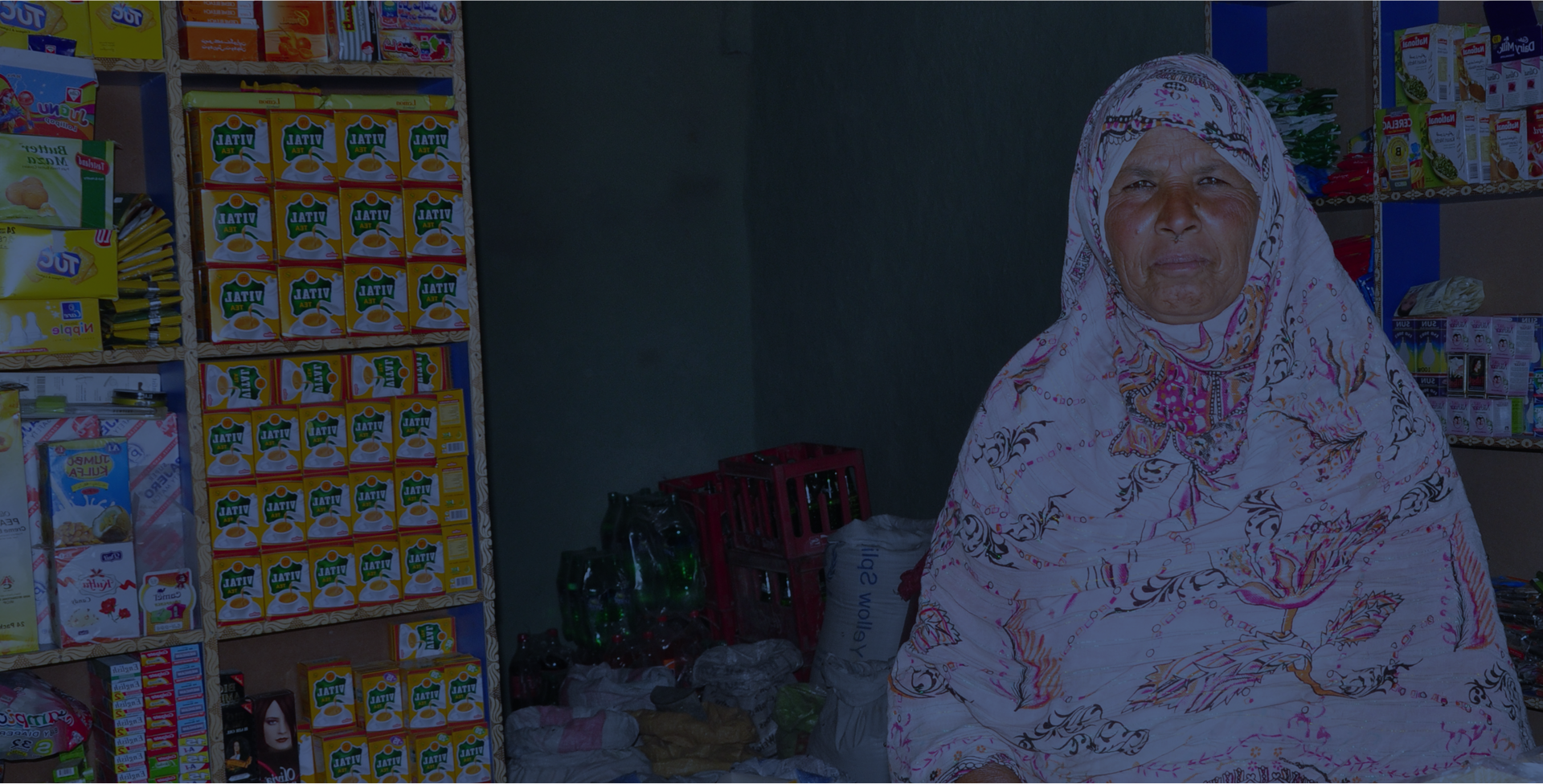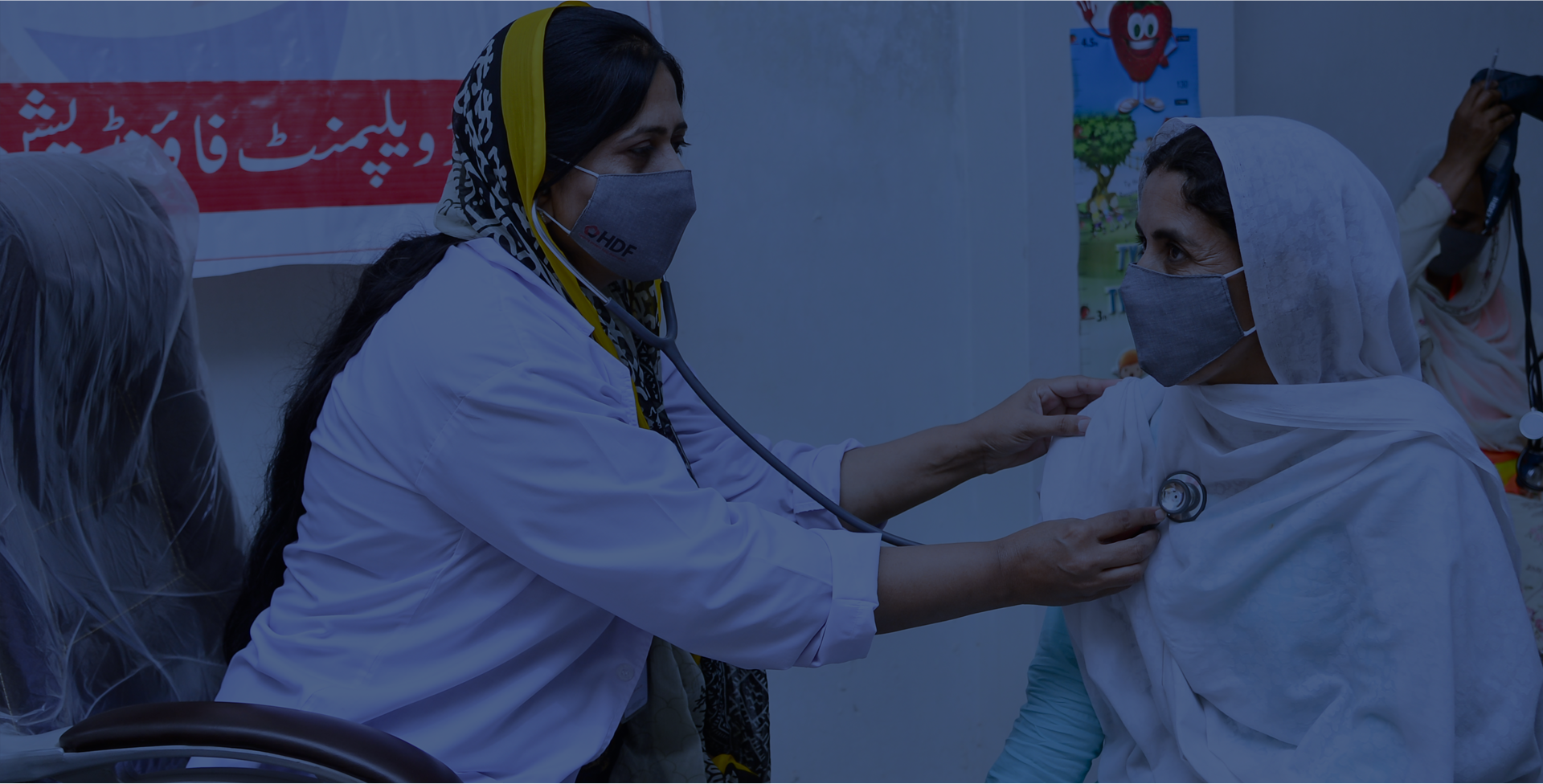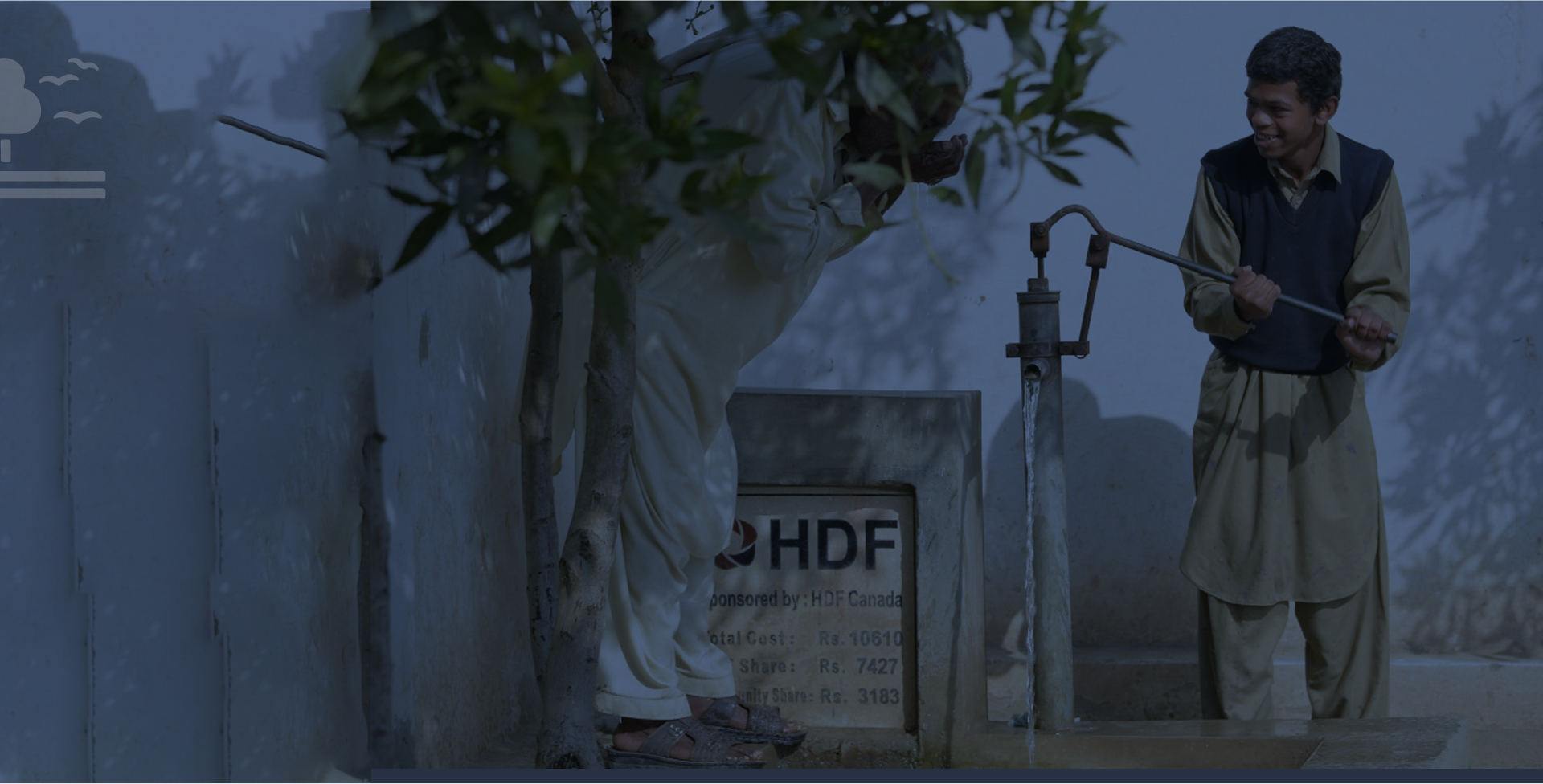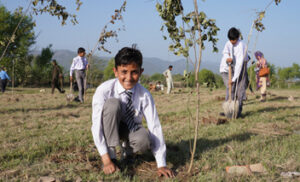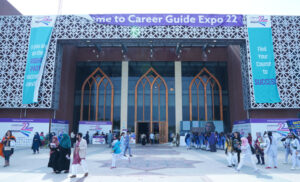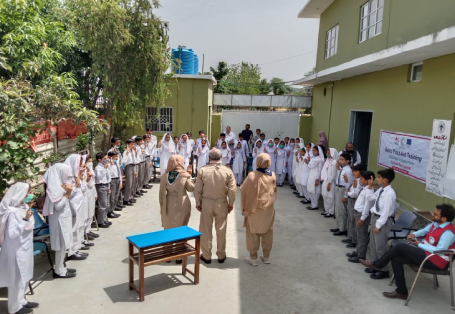Malaika, the daughter of Ahmed Deen and Shabana, grew up in a modest family with three sisters and three brothers in the small town of Wahi Rahim. Her father, a property dealer, worked tirelessly to provide for his family and support their education. Malaika's early education began in her local government school in Wahi Rahim. Her academic journey took a significant turn when she secured the first position in her primary school, earning her a spot at HDF Girls High School in a nearby town.
The path to success was not without its challenges. Malaika's elder sister had also been studying at HDF Girls High School, making it convenient for their father to drop them off together. However, when her sister moved on to a city college after passing her matriculation exam, it became difficult for their father to manage both their commutes. In a remarkable display of complete and utter support for his daughter, Malaika's father gifted her a bicycle to ensure she could continue her education without interruption.
Despite the newfound independence, fate had other plans for Malaika. A road accident on her way back from school left her with a fractured arm and two broken fingers on her right hand just two months before her 8th grade (middle school) final exams, casting a shadow of uncertainty over her academic aspirations. She had consistently secured the first position in grades 6th and 7th (middle school), and was determined to maintain her streak in the 8th class. With her arm in a cast and still unable to write, Malaika decided to remove the plaster by force two days before her annual exams. HDF School's management provided crucial support, allowing her to complete her papers.
Her hard work paid off when the results were announced and she once again achieved the first position, scoring an impressive 96.6%. Her dedication to academics didn't stop there. In the ninth grade, Malaika chose science subjects, driven by her passion to pursue the medical field. In a moment of immense pride and honor, she learned that she had been selected for the prestigious Abdus Salam Scholarship, a testament to her outstanding performance in the 8th grade. The scholarship provided financial support for her education, easing the burden on her family. Full of gratefulness, she remarks, “I am thankful to HDF for their support in helping me pursue my dream.”
Malaika's involvement in HDF School extended beyond academics. In a historic moment for the institution, school elections were held for the positions of Head Girl and Class Proctor. Malaika decided to participate, running her campaign with the symbol of a flower. Her dedication, leadership qualities and commitment to her peers resonated with the student body, resulting in her being elected as the Head Girl of the school. She embraced her responsibilities with utmost sincerity, earning the respect and admiration of both students and teachers.
Malaika's journey reached new heights in the 10th grade (high school), where she secured 88%, further solidifying her academic prowess. With unwavering determination, Malaika continues to strive for excellence, saying: “My aspiration is to become a doctor, and in doing so, I aim to bring honor to my parents and my school.”
Malaika Bibi's story is not just about academic achievement; it's about resilience, leadership, and the transformative power of education. Her journey, supported by HDF School and the Abdus Salam Scholarship, serves as an inspiration to all young minds, reminding them that with hard work and determination, they can overcome any obstacle and fulfill their dreams. Malaika's success is a testament to the potential within every child, waiting to be unlocked through education and unwavering dedication.

